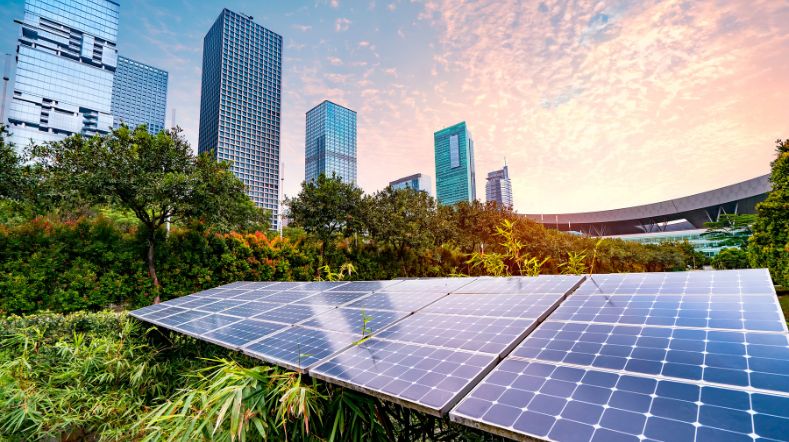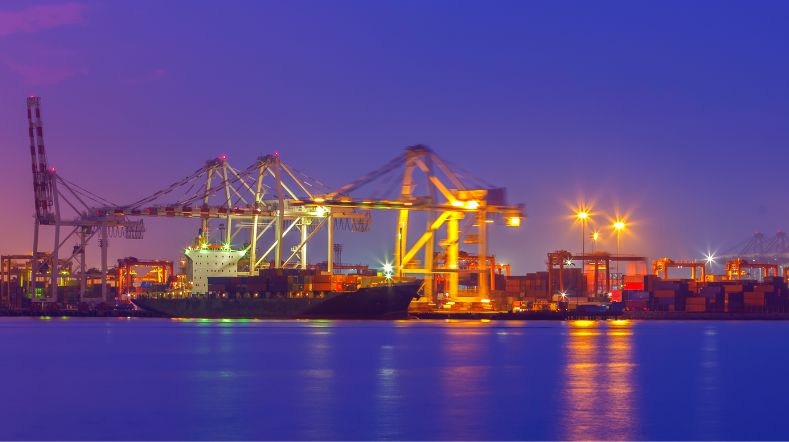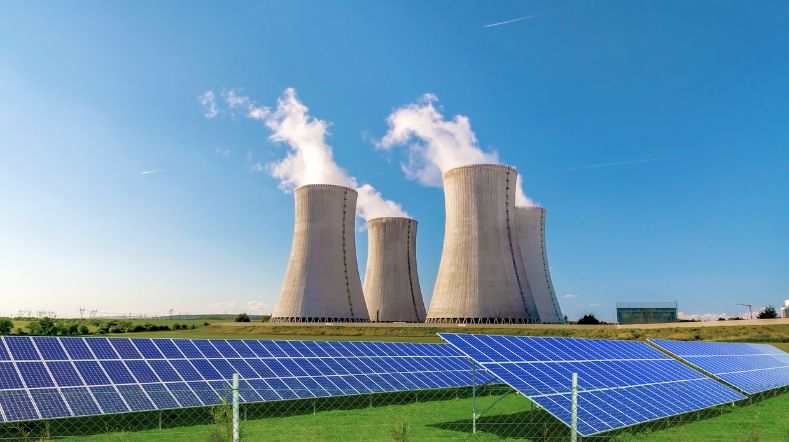
Impact of renewable energy and raw material imports on Dutch industry
The Dutch energy-intensive industry faces a fundamental challenge: how can it remain both competitive and climate-neutral in a world where renewable energy and sustainable raw materials are scarce and unevenly distributed?
To assess the risks of industrial relocation, TNO analysed the current production chains of the Dutch energy-intensive industry and explored how these might evolve in the future. A key focus of the study was the potential impact of importing renewable energy or (semi-)finished products on existing production chains and the industries that depend on them.
Reports production chains
TNO is exploring how energy-intensive sectors such as steel, fertiliser, refining and organic chemicals might restructure their production chains in response to the energy transition and international disparities in renewable energy and biobased raw material availability and costs.
Read TNO’s full reports:
A dilemma for industry and policymakers alike
The objective is clear: to achieve climate neutrality by 2050, industrial processes must undergo a profound transformation. At the same time, the renewable energy required – such as green hydrogen and biomass – is scarce and relatively expensive in the Netherlands.
This brings a critical dilemma to the forefront: would it be more economically viable to import certain products from regions with cheaper renewable energy? And what would be the implications for Dutch energy-intensive industry?
The answers to these questions have far-reaching consequences for employment, supply security, innovation potential, and the strategic autonomy of the Netherlands as an industrial nation.
What did TNO study?
TNO conducted two studies to explore the future of key energy-intensive sectors in the context of the energy transition:
Steel and fertiliser: import or decarbonise domestically?
This study analyses the implications of partially or fully relocating Dutch production of steel and fertilisers abroad. (pdf) It covers transport costs, supply chain impacts, and associated economic risks.
Refining and organic chemicals: strategies for climate neutrality
Key findings by sector
Due to high shipping costs of hydrogen and biobased feedstocks, importing low-cost green hydrogen or biobased raw materials to the Netherlands is often less attractive than producing intermediate goods abroad and importing those instead.
For biomass, production costs are lowest in regions with abundant local availability. Similarly, electricity and therefore green hydrogen production costs vary significantly by country and region. The extent of these cost differences in the future remains uncertain.
Other factors also influence location decisions, including the availability of skills and expertise, existing assets and infrastructure, and synergies within industrial clusters.
The structure of future production chains based on the import of renewable energy, biobased feedstocks or intermediates will vary by sector.
The availability of affordable green hydrogen in the Netherlands is key. If sufficient domestic supply exists, there is little incentive to relocate ammonia or fertiliser production. However, ammonia – a hydrogen carrier – is inexpensive to transport, making imports attractive if it can be produced more cheaply elsewhere.
The competitiveness of Dutch green steel production will depend on uncertain future prices for renewable electricity, hydrogen, iron ore, and transport. If domestic green hydrogen production is insufficient and imports are cheaper, importing crude steel becomes more cost-effective than producing it in the Netherlands. Importing green hydrogen or HBI (hot briquetted iron, a semi-finished product) is more expensive than importing crude green steel.
Due to the energy transition and the shift towards electric transport, a significant decline in demand for fossil fuels is expected. This will require refineries to scale down or shift to the production of renewable fuels. Opportunities exist for co-processing imported bio-oils in existing infrastructure. Integrated biorefineries could supply both renewable fuels and biobased feedstocks to the chemicals industry, as well as biogenic CO₂ for synthetic fuel/feedstock production and carbon removal.
This sector is closely linked to refining, meaning that changes in one will impact the other. Large-scale production of biobased or synthetic naphtha by refineries would support green production in the chemicals sector. Conversely, a decline in fossil fuel production may lead to the relocation of aromatics production.
Production from biobased feedstocks is most cost-effective in biomass-rich regions, but the final production of green plastics can remain in the Netherlands due to low transport costs of polymer pellets (a semi-finished product).
Supporting strategic choices
These insights equip policymakers, industry leaders, and strategic partners with the knowledge needed to make informed decisions that support a climate-neutral and internationally competitive Dutch industry. They offer concrete guidance for future-proof policy, investment strategies, and collaborative efforts between government, industry, and knowledge institutions.
More information?
Contact us to explore how these insights can support your strategy or policy development.
Get inspired
A fossil-free 2050 is technically achievable – but requires earlier action, greater effort, larger investments and international cooperation


Temporary Special Economic Zone around Rotterdam can prevent climate delays and GDP losses


Making sustainability strategies robust and resilient in an uncertain world

Nuclear energy in our future energy system


Climate fund applications from the perspective of broad prosperity



